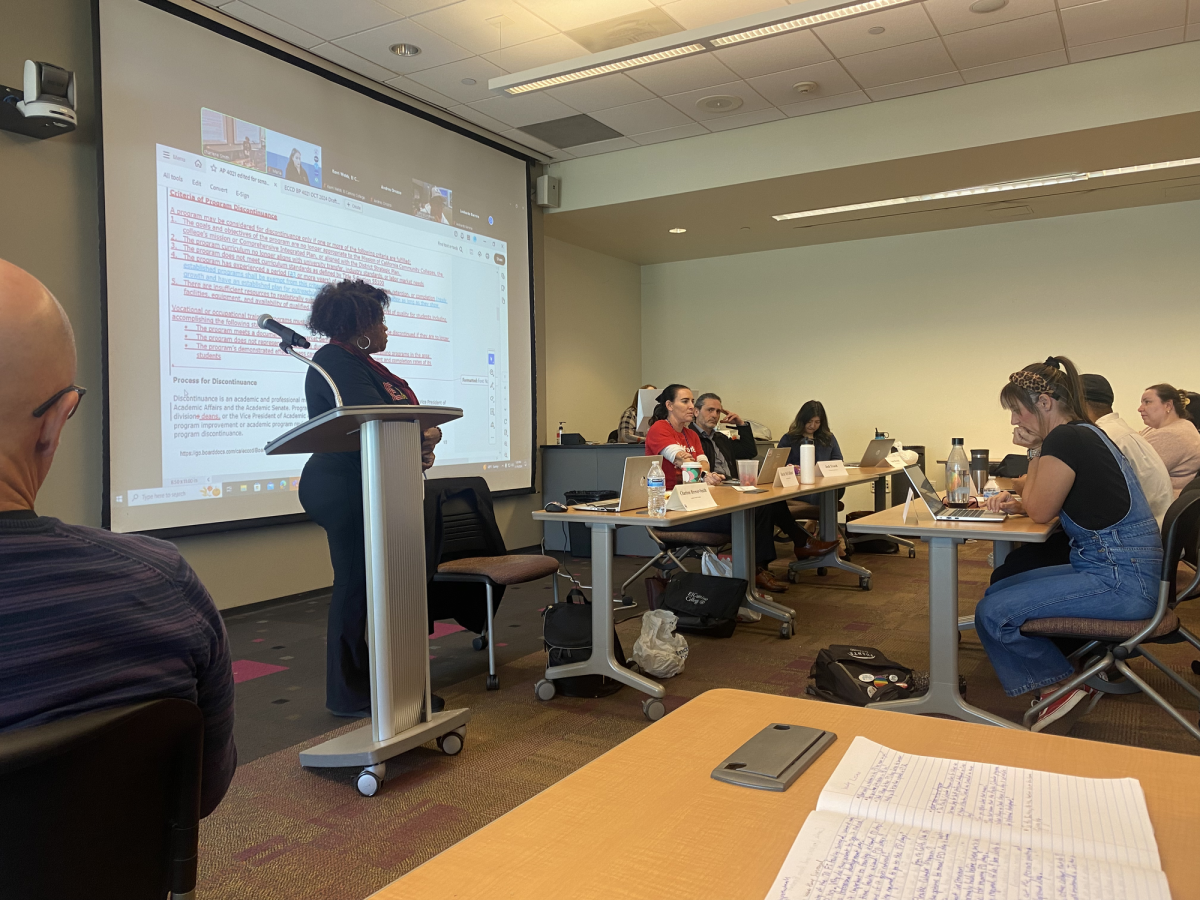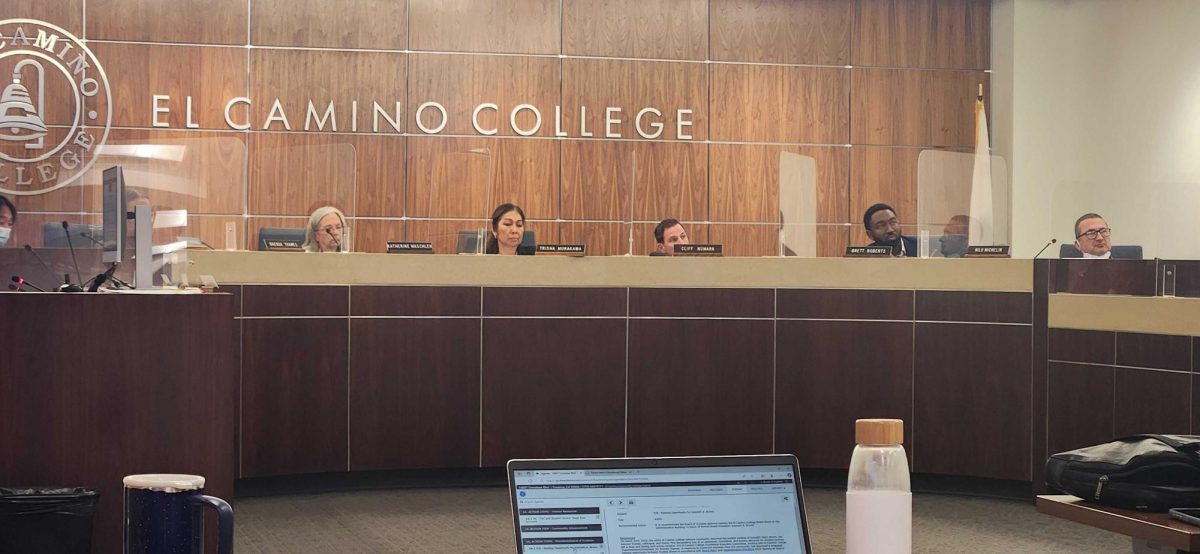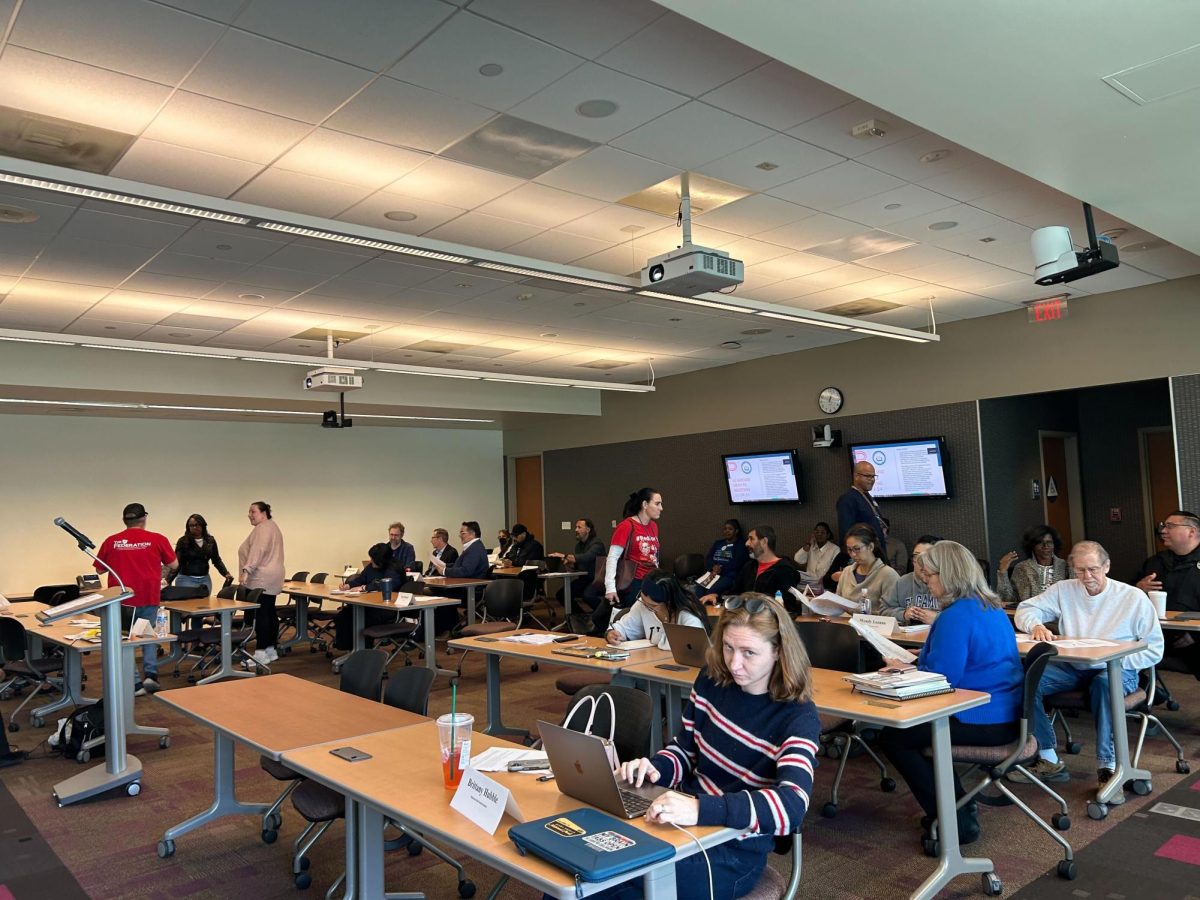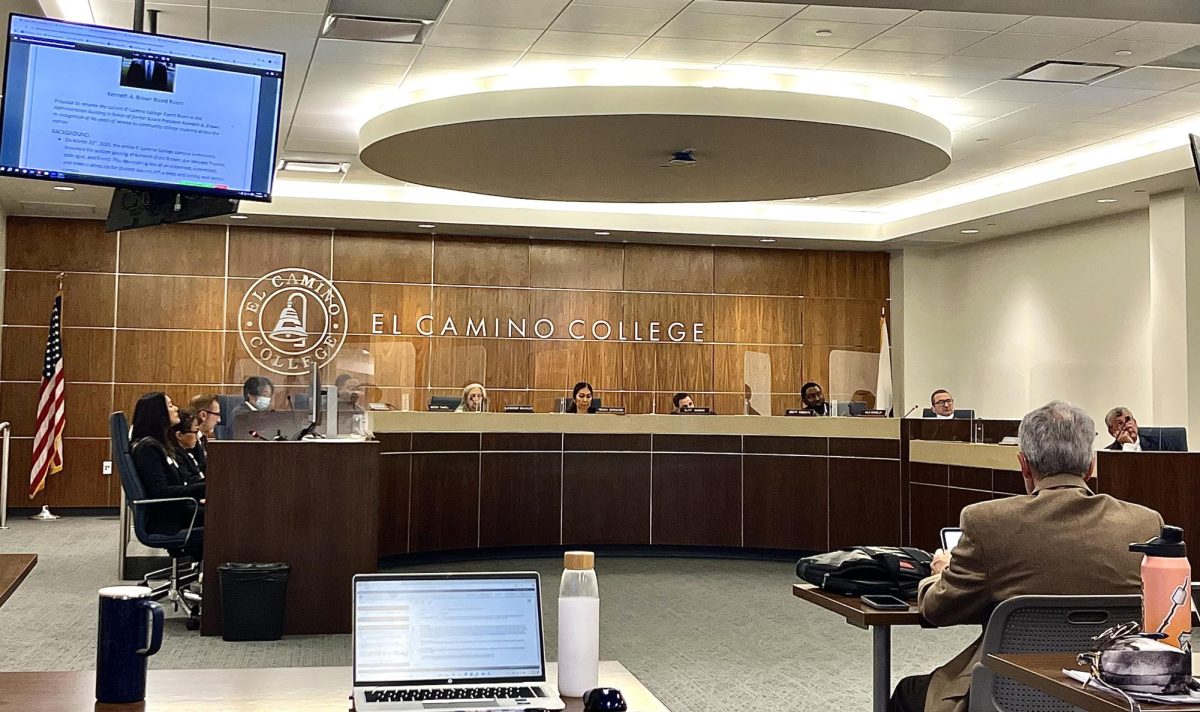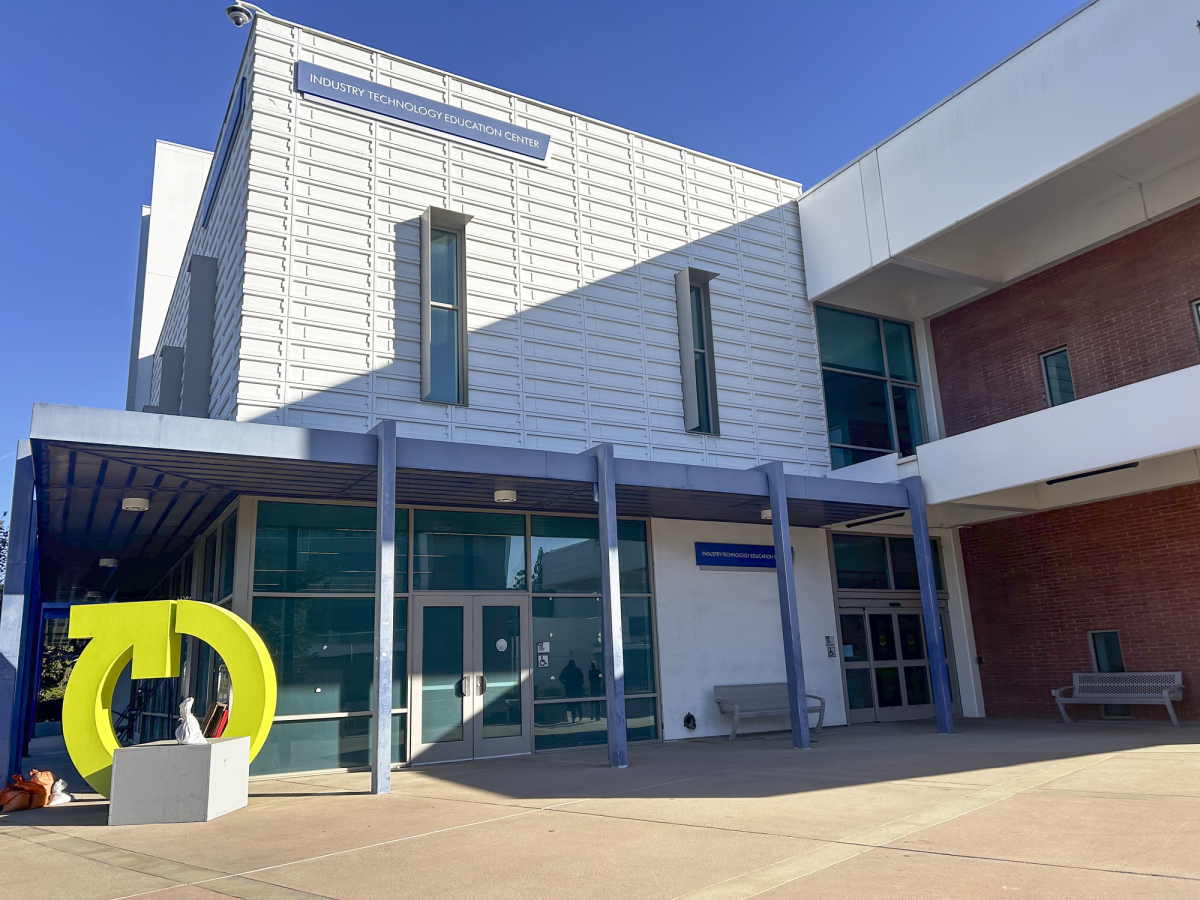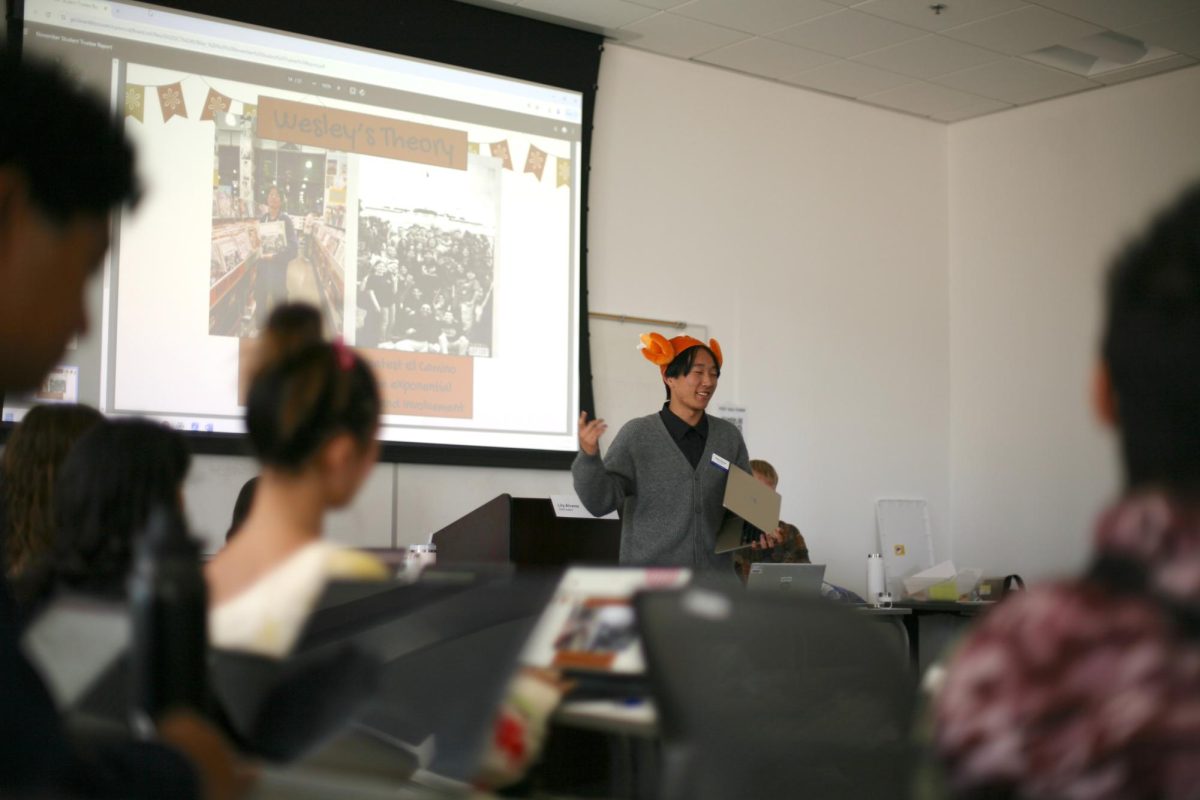Southern California grocery workers voted overwhelmingly last week to approve a new contract agreement with supermarket owners, putting an end to a lockout that left both shoppers and workers frustrated and cost the supermarket chains billions of dollars in lost revenue.
Over the last weekend in a two-day vote, 86 percent of grocery workers who submitted ballots approved the contract negotiated by the United Food and Commercial Workers union, the union said in a statement released to all union members on Sunday.
The contract covers more than 70,000 workers; Albertsons Inc., Kroger Co., and Safeway Inc., employed the workers at stores such as Albertsons, Ralphs, Vons and Pavilions. The new contract requires employees to pay for health benefits for the first time and includes only two one-time bonuses for hours already worked but no pay raises which has left most union members frustrated.
“I’m really upset with the contract we signed. It is really no different than the contract that was offered to us in October. I feel like the union let us down,” said EC student and Albertsons employee Matt Dyer.
Union leaders, on the other hand, said they wanted to protect affordable health care, pensions and job security.
“These three goals were accomplished in the new agreement, indicating the workers’ struggle and sacrifice were worthwhile,” the statement read.
“Many employees just voted to ratify the contract because they needed to return to work,” said Ellen Mangan, Albertsons cashier and mother of two EC students. “We were tired of the lies by both sides and I think we were willing to accept almost anything so that we could get back to our normal lives.”
Union leaders ordered a strike against Vons and Pavilions chains on Oct.11. Albertsons and Ralphs then locked out their employees. In all, about 59,000 workers were locked out. Others continued working at other supermarkets or used falsified documents to work at stores they were locked out from.
The almost five-month dispute gained national attention because it was seen as an attack by the big corporations against rank and file employees who wanted maximize profits and to minimize benefits.
“I feel bad for my mother who gave 15 years of her life to a company who seems to care little about its employees,” said EC student Vanessa Mangan. “The company turns a profit every year; why can’t they pay health benefits for their employees?”
After months of negotiations, both sides had deadlocked over the cost of health benefits and the wage and the benefit system sought by the companies. It wasn’t until the government brought in an independent federal arbitrator that the two sides decided on an agreement.
“Even though I’m bitter with both sides, I am eager to get back to work and my life,” said the elder Mangan.



